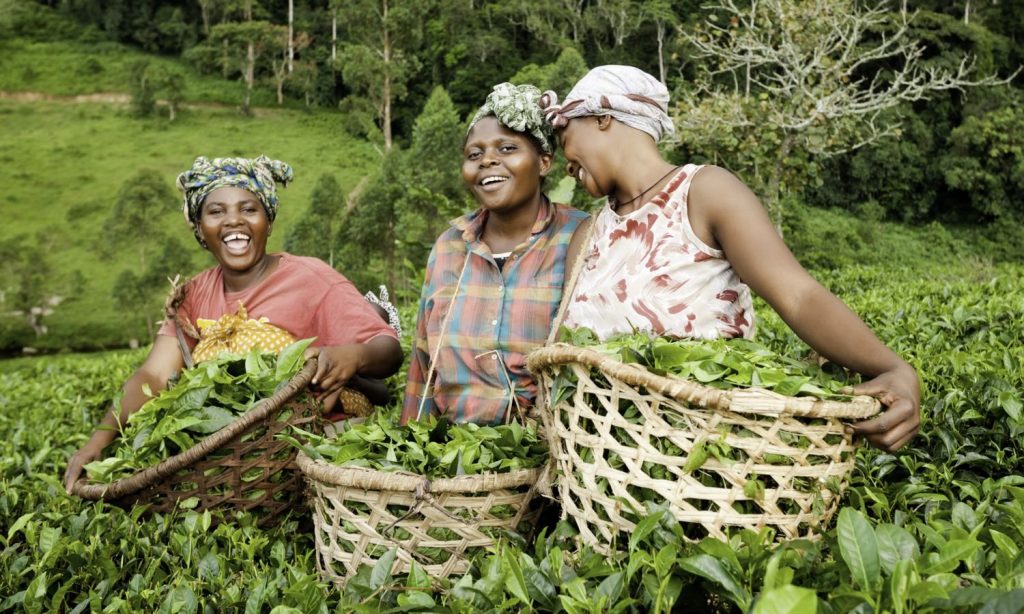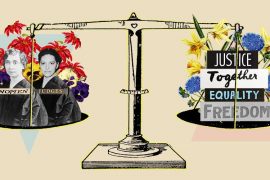Abuja, Nigeria’s capital city, will from Monday, September 25, play host to rural women farmers from more than 15 countries on the continent.
Delegates are expected from Ghana, Senegal, Malawi, Zambia, Zimbabwe, Burundi and Rwanda.
Other countries expected to attend are; Kenya, Uganda, Mozambique, Ethiopia, Tanzania, Gambia, and Cameroun.
ActionAid Nigeria is hosting the program under its Rural Women Farmers Forum (RWFF), which is a leadership capacity building training and planning meeting.
Reports state that the Abuja meeting is under the Public Financing of Agriculture (PFA) project which is currently in its second phase.
According to the document, the project “is aimed at catalyzing increased quantity and quality of public investment in agriculture in order to increase the productivity and well-being of women smallholder farmers, their households and communities in Kenya, Nigeria, Rwanda, Tanzania, and Uganda.”
It also added that it is “to solidify, leverage, and enhance the impact of commitments made by governments and international donors in support of smallholder farmers in Africa.”
The key objectives of the Abuja meet ActionAid said is; “to update on current and relevant issues of agriculture policies and public investments programmes in relation to smallholder women farmers, To sensitize and facilitate a common understanding of the BR Processes and the role of the smallholder women farmers
“To sensitize and share an understanding of the need for GRPS in agriculture financing and policy processes, and “finalize and adopt a guiding strategy document for the RWFF.”
Other objectives are: to network, share experiences and best practices to better understand how to tackle their needs, develop strategies for synergy building, better collaboration and strong voices for collective demands at national, regional and continental level.
The international organization reiterated its commitment to advocate for human rights for all, prioritizing work with women living in poverty, while noting that it has found that women living in poverty often see access to good quality public services.
Source: The Whistler




